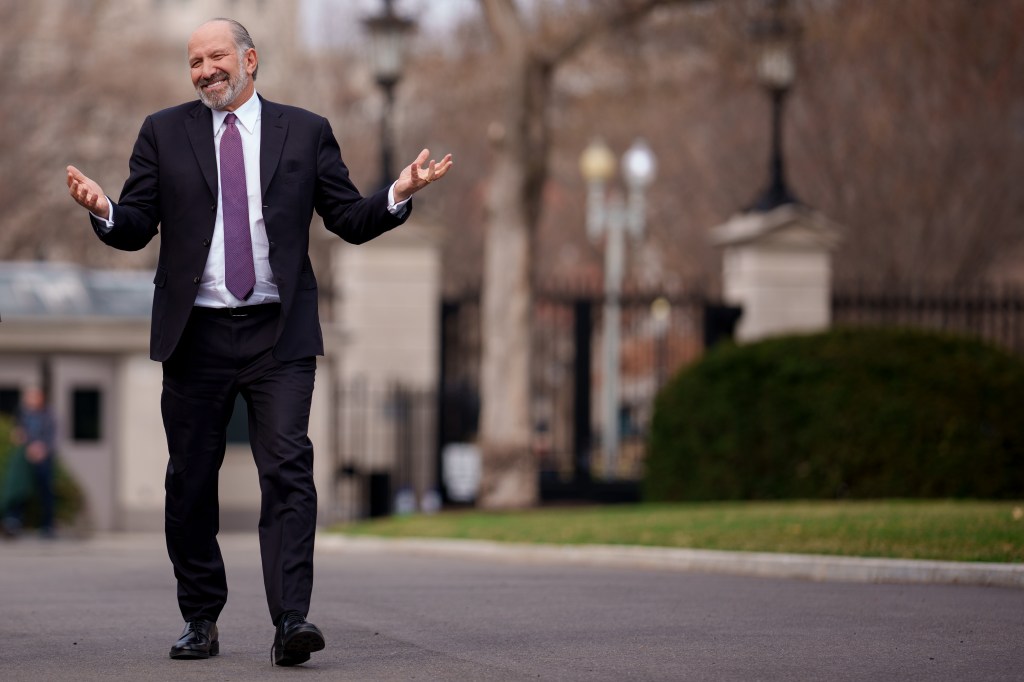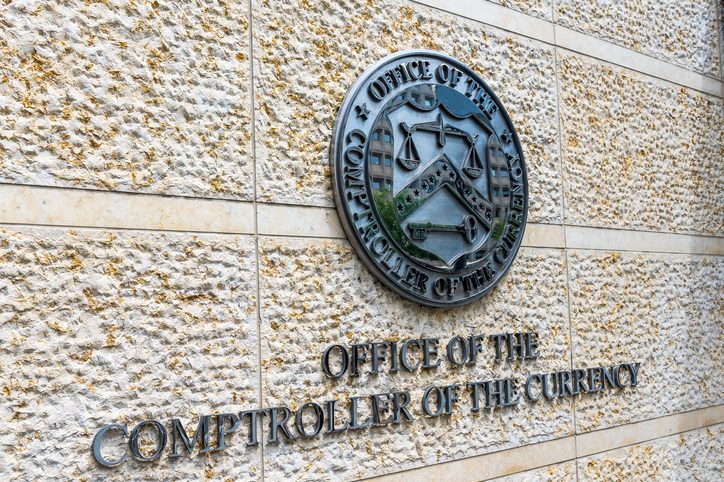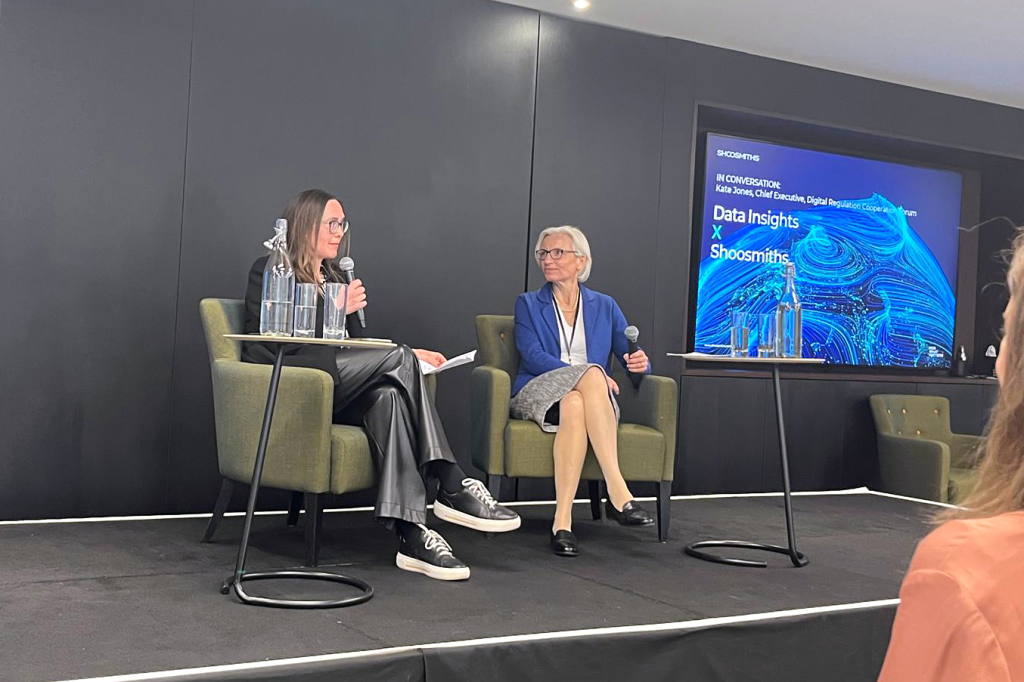FINRA has announced that M1 Finance, a firm offering a robo-advisory investment platform, will pay $850,000 to settle charges that social media influencers paid by the firm made misleading or exaggerated claims to entice investors.
The announcement came the day before FINRA CEO Robert Cook told SIFMA’s conference in Orlando, Florida, that the thing that gave him most pride during his eight-year tenure was his agency’s efforts to protect investors – especially those who are vulnerable and those more easily influenced by persuasive marketing and scams.
The settlement represents the first enforcement action resulting from a previously announced targeted examination by the agency of firm’s practices which specifically probed their oversight of paid social media influencers.
“As investors increasingly use social media to inform their financial decisions, FINRA’s rules on communicating with the public are especially critical,” said FINRA’s Head of Enforcement, Bill St Louis, in a statement announcing the disciplinary action.
M1 finance paid 1,700 finfluencers
FINRA said M1 Finance influencers made social media posts promoting the firm that were not fair and balanced, in violation of FINRA Rule 2210 (Communications with the Public) and 2010 (Standards of Commercial Honor and Principles of Trade).
Approximately 1,700 influencers worked on the firm’s behalf and were paid over $2.75m for their posts. More than 39,400 new accounts were opened as a direct result of their activities.
“It is a general principle that anyone who starts a ROTH IRA early on let’s say in their 20s will become a millionaire by the time they’re 60. In fact, you’ll probably have a lot more than a million bucks by that age if you contribute $6,000 per year.”
Part of a finfluencer post on behalf of M1 Finance used by FINRA as an example of promissory language about the firm
For example, an influencer advertising M1 Finance’s margin lending program stated that customers could “pay [margin loans] back at any given time … there is no set time period.” But in fact, investors who use margin are not entitled to any extension of time to meet the firm’s margin requirements, and the firm can, without contacting such investors, increase the maintenance margin requirement on their accounts at any time, force a sale of securities in their accounts, and choose which securities to sell, if a margin call occurs.
Some of the influencers claimed that the firm’s services were completely free without disclosing that other fees could well apply and without drawing attention to the firm’s own fee schedule.
Retail communication supervision failures
And to make matters worse, M1 Financial failed to review and approve the content in its influencers’ posts prior to use, or retain those communications as required by FINRA rules, the agency noted.
The firm failed to have a reasonable system, including written procedures, for supervising the communications that the firm’s influencers made on its behalf. These were in violation of the aforementioned rules, plus 3110 (Supervision) and 4511 (General Requirements-Books and Records).
Although the firm’s WSPs did address retail communications generally “they did not require the firm to preapprove or maintain records of posts created by influencers”. And the firm did not have any system that would permit it to review the content of the communications posted by the influencers prior to these being “used” or relied on by retail investors.
In addition to a fine and censure the firm has agreed to an undertaking requiring it to certify the remediation of the issues identified by FINRA.
FINRA targets social media
In 2022, FINRA announced that it would be probing firms to find out how they “manage their obligations related to information collected from those customers and other individuals that may provide data to firms.” Cook more specifically said a sweep related to “finfluencers” was coming in a speech at a SIFMA virtual event focused on special purpose acquisition companies.
Last year, the agency released an update on the initial themes arising from the ongoing, targeted exam.
The first part of FINRA’s review is focused on firms’ use of social media influencer and referral programs to promote their products and services and recruit new customers.
And the second part addresses firms’ privacy notices and options to opt out regarding the collection and sharing of their usage information.













